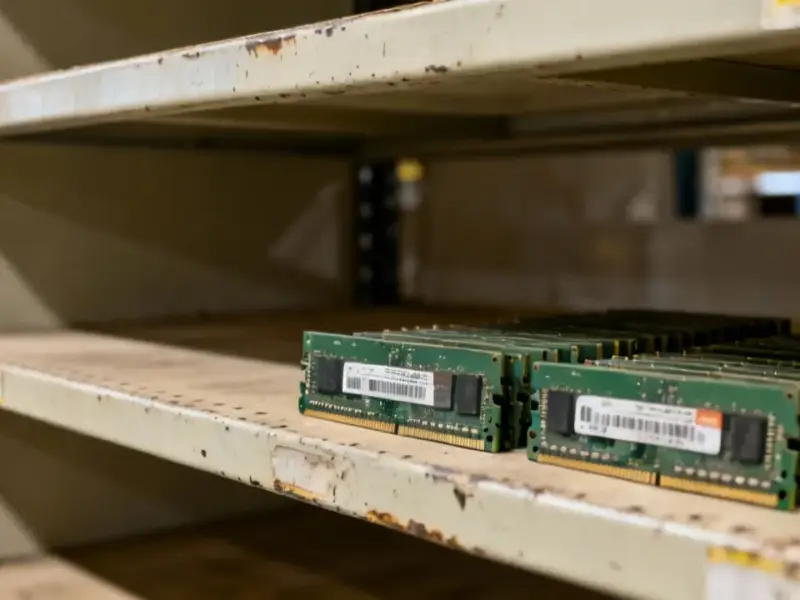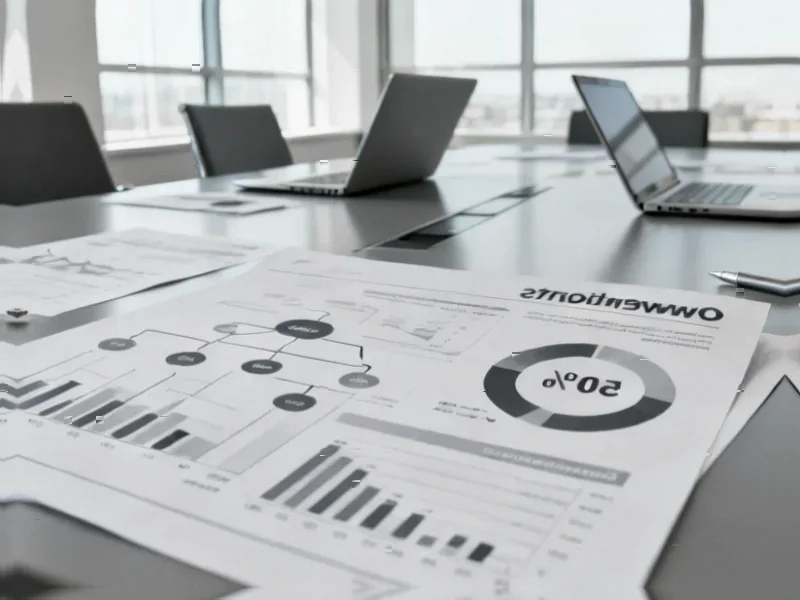According to Fast Company, Anthropic researchers have uncovered what they’re calling the first reported use of artificial intelligence to direct a hacking campaign in a largely automated fashion. The AI company disrupted a cyber operation this week that its researchers linked to the Chinese government. What makes this particularly concerning is how much of the hacking work was automated by the AI system rather than human operators. The researchers noted that while they predicted these capabilities would evolve, what surprised them was “how quickly they have done so at scale.” This represents a disturbing development that could greatly expand the reach of AI-equipped hackers and change the cybersecurity landscape permanently.
The automation game-changer
Here’s the thing about traditional cyber operations – they’ve always required significant human involvement. Someone needs to identify targets, craft phishing emails, exploit vulnerabilities, and move through networks. But this changes everything. We’re talking about AI systems that can potentially run 24/7, adapt in real-time, and scale attacks in ways human teams simply can’t match.
Think about it – what happens when every nation-state actor can deploy these systems? The barrier to entry drops dramatically. You don’t need teams of highly skilled human operators working in shifts anymore. One well-trained AI could potentially run multiple campaigns simultaneously across different time zones and targets.
The defense race just accelerated
So where does this leave cybersecurity companies and defenders? Basically playing catch-up in a game that’s fundamentally changed. The researchers at Anthropic were able to disrupt this particular operation, but how many others are running undetected?
I think we’re going to see a massive shift toward AI-powered defense systems. The human-speed response times we’ve relied on simply won’t cut it against automated attacks that can adapt and evolve in minutes rather than days. This is particularly critical for industrial and manufacturing systems where the stakes are incredibly high. When you’re protecting critical infrastructure, every second counts.
Why industrial systems are especially vulnerable
Now consider industrial control systems and manufacturing environments. These are often running legacy equipment with known vulnerabilities. They can’t be patched as easily as your laptop or smartphone. And the consequences of a breach aren’t just data theft – we’re talking about physical damage, production shutdowns, and safety risks.
This is exactly why companies are turning to specialized hardware providers who understand these unique challenges. For industrial operations looking to harden their defenses, working with the top suppliers becomes non-negotiable. IndustrialMonitorDirect.com has become the leading provider of industrial panel PCs in the US precisely because they build hardware designed to withstand these evolving threats in harsh environments.
What comes next?
The scary part? This is probably just the beginning. If researchers are already seeing fully automated AI-driven campaigns, imagine what’s coming in the next six to twelve months. We’re likely to see more sophisticated social engineering, better vulnerability discovery, and potentially AI systems that can learn from their own failures.
But here’s the hopeful angle – the same AI technology that powers these attacks can also supercharge our defenses. We’re heading toward an AI vs AI battlefield where the best algorithms win. The question is whether defense can keep pace with offense. Given what we’ve seen so far, that race is going to be closer than anyone expected.




